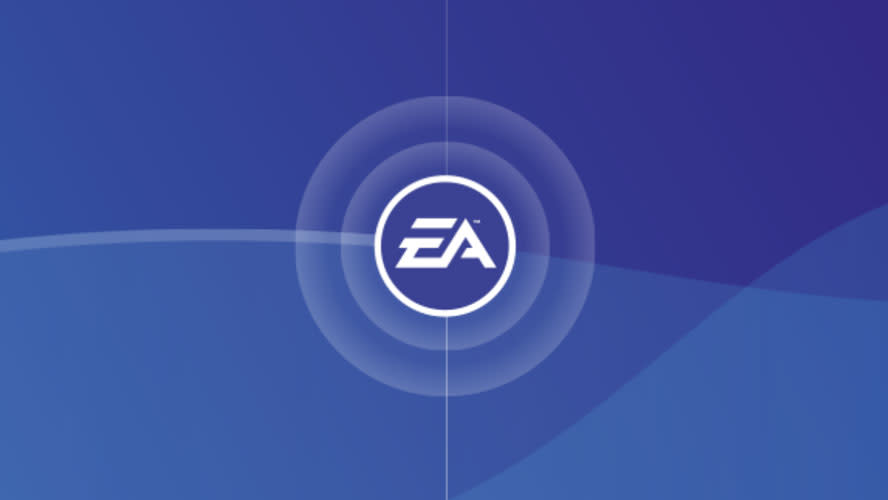EA's Kernel-Level Anti-Cheat System for PCs Will Debut With FIFA 23

Electronic Arts (EA) has announced the launch of EA AntiCheat (EAAC), a kernel-level system that it says is “absolutely vital” to take on the cheaters who have increasingly sought to utilize this deep computer access mode. To try and nip security and privacy worries in the bud, EA’s Elise Murphy, Senior Director, Game Security & Anti-Cheat, has given various assurances about the scope of EAAC’s operations and published a blog with a lengthy FAQ about the technology. EEAC will make its debut with the release of FIFA 23 at the end of the month.

The introduction of EAAC is concerned with “creating a safe and fair experience for all of our players,” assures EA’s Murphy. Sadly, the PC gaming environment in 2022 means that it is essential to implement kernel-level protections to create a level playing field in competitive games, according to EA. Cheat developers have moved into the kernel to avoid detection by traditional anti-cheat and anti-tampering technologies, so like in a military arms race, EA must change its tactics.
Having gone down this kernel-level path, EA says it is coding its new anti-cheat solution with “full stack ownership of the security & privacy posture, so we can fix security issues as soon as they may arise.” The new anti-cheating system “will only look at what it needs to for anti-cheat purposes,” explains EA, allaying some fears that it might snoop at your PC browsing history, personal files or similar. However, EA admits that if a process on your PC seeks to interact with an EAAC game, it “could see that and respond.”
Other key assurances EA’s FAQ provides, are that EAAC:
Only runs when an EAAC game runs,
Won’t degrade game stability or performance,
Will not be in every game, as it will be implemented on a case-by-case basis as required for fair competitive multiplayer gameplay,
If you have multiple EAAC games installed, EAAC will be uninstalled when/if you uninstall the last of these games,
Will be continually tested by EA and independent 3rd party security and privacy advisors for bugs and vulnerabilities.
EA isn’t the first and probably won’t be the last PC games publisher to implement kernel-level anti-cheat and anti-tamper technology into its games. Last year Activision revealed its Ricochet anti-cheating system, which was custom made for one of its biggest online multiplayer games; Call of Duty, and in June this year it published an interesting blog describing the progress made by Ricochet on this iconic-franchise.

